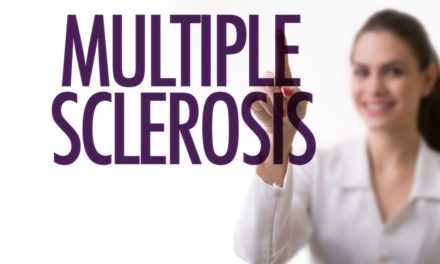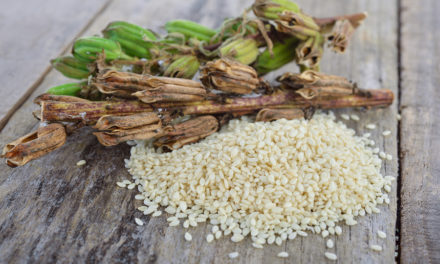There are a number of animal and in vitro studies that show resveratrol may have value to those with insulin insensitivity or heart disease, and may actually help to extend life. One study, appearing in Current Biology (2006; 16(3): 296-300) showed that resveratrol increased lifespan in fish in a dose dependent manner. Furthermore, resveratrol delayed the age-dependent deterioration of motor ability and cognitive skills.
Another study that appeared in Nature (2006; 444(7117): 337-42) found that resveratrol improved the health and survival of mice who were fed a high calorie diet. In that study, one group of mice were fed a normal diet, a second group was fed a high-calorie diet containing 60% fat, and a third group was fed the high calorie diet but was supplemented with resveratrol (22.4 mg/kg/day). The mice who were fed the high-fat, high-calorie diet developed high levels of insulin and other diabetic markers. The mice who were given resveratrol along with the high-fat diet had better insulin sensitivity–comparable to the mice fed the normal diet.
There have been some human studies. A double-blind, placebo-controlled study was published in Nutrition, Metabolism and Cardiovascular Diseases (Epublished ahead of print July 31, 2010) looked at 19 overweight subjects. In this double-blind, placebo-controlled crossover study. The subjects were given either 30 mg, 90 mg or 270 mg of resveratrol daily for a week, or they were given a placebo. One hour after supplementation. Supplementing with resveratrol produced improvement of flow mediated dilation of the brachial artery was experienced in a dose-dependent manner. This may help to explain the cardiovascular benefits of red wine. Resveratrol was found to reduce oxidative stress and improve insulin sensitivity in type 2 diabetic patients. according to research that appeared in the British Journal of Nutrition (Epublished ahead of print March 9, 2011).
In an animal study, published in Carcinogenesis (2007 Sept;28(9):1946-53), resveratrol was found to offer protection from prostate cancer. Resveratrol is a phytoalexin, which is a substance produced by a plant to protect it from invading microorganisms; it is also a powerful antioxidant. Similarly, it may offer protection to the cells of animals that consume it. Beginning at age five weeks, mice bred to be prone toward prostate cancer were divided into two groups. One group was fed a normal diet and the other was given a normal diet with added resveratrol. The rats were examined at age 12 weeks and at age 28 weeks. In the rats given the resveratrol, the incidence of prostate cancer was reduced 7.7 fold.






